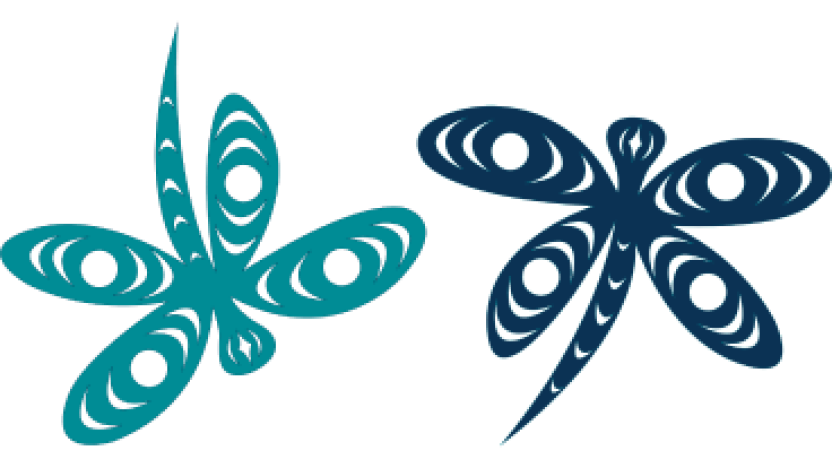About the System
The Fulford Water System is located on the north side of Fulford Harbour on Salt Spring Island and provides drinking water to approximately 95 service connections.
CRD's Infrastructure & Water Services is responsible for the overall operation of the water system. The design and construction of water system facilities are overseen by CRD's Infrastructure Engineering & Planning division. A contractor conducts the day-to-day operations and maintenance. The quality of drinking water provided to customers in the Fulford Water System is overseen by CRD's Water Quality division.
- Fulford Water Service Area Boundary Map [PDF/1.8MB]
- Fulford Water System Annual Report [PDF/491KB]
- 2026 Fulford Water Rates [PDF/202KB]
NOTE: Annual Reports are available late June for the previous year.
Water Restrictions
Current Conservation Stage: No Restrictions
Every drop counts! Visit our resource page for more ways to use water wisely.
Water Conservation Bylaw 4492
The Electoral Area Water Conservation Bylaw (4492) is in effect May 1 to September 30, unless otherwise authorized by the General Manager of Infrastructure & Water Services.
Due to ongoing drought conditions, the need for extended water conservation measures beyond September 30 has been approved by the General Manager of Infrastructure & Water Services for select Electoral Area Water Systems. Please refer to the Electoral Area Water Restrictions Alert for more details.
Lawn Watering Schedule:
- Stage 1 - Watering only permitted once per week between the hours of 4-10am or 7-10pm
- Stage 2 - Watering only permitted once every two weeks between the hours of 4-10am or 7-10pm
- Stage 3 - Watering not permitted
- Stage 4 - Watering not permitted
Source Water
The Fulford Water System obtains its drinking water from Lake Weston, a small lake that lies within an uncontrolled, multi-use watershed outside of and northeast of the service area.
The CRD holds two water licenses on Lake Weston. These licences allow up to 49,339 cubic metres of water storage in a surface water body estimated to have a total volume of 1,090,000 cubic metres and to divert up to 291.6 cubic metres per day into the Fulford Drinking Water System. Lake Weston is subject to seasonal water quality changes and is affected by periodic algae blooms.
Water Treatment Process
The water from Lake Weston flows by gravity through a 2,000 metre network of 100mm (4") AC water main to the Sunnyside Pump Station near Hilltop Road and is then pumped to the Fulford Water Treatment Plant located on South Ridge Drive. The water treatment process consists of dissolved air flotation, filtration, disinfection with ultraviolet light and disinfection with chlorine (liquid sodium hypochlorite).
Distribution System
Treated water is pumped from the plant to a 360 cubic metre steel storage reservoir located behind the Fulford School. Water then flows from the reservoir into the distribution system which is a network consisting mainly of 100-150mm (4-6") water mains, many of which are original to the system. The distribution system also contains hydrants and standpipes. Additionally, the system operates on two pressure zones, regulated by the Sunnyside pressure reducing valve.
Service connections are provided to the property line with curb stops and individual household meters. Service from the property line to the dwelling is the homeowners’ responsibility.
NOTE: Commercial customers are billed per metered usage, residential customers are billed a fixed rate.
Emergency Notifications
Register for the Public Alert Notification System to receive drinking water related notifications such as boil water advisories. This system is also used to notify Electoral Area residents in the event of a disaster or emergency such as earthquakes, tsunami warnings, or hazardous spills.
Contact Us
General Water Inquiries
8:30 AM - 4:30 PM Monday to Friday
Phone: 250.474.9600
Toll Free: 1.800.663.4425
water@crd.bc.ca
After Hours Drinking Water Emergencies
Monday to Friday after 4:30 PM, weekends and stat holidays
Phone: 250.474.9630
Toll Free: 1.855.822.4426
Sewer & Waste Water Inquiries & Emergencies
24/7 Service
Phone: 250.940.7400
Drinking Water Quality
Phone: 250.474.9600 (Option #6)
drinkingwater@crd.bc.ca

